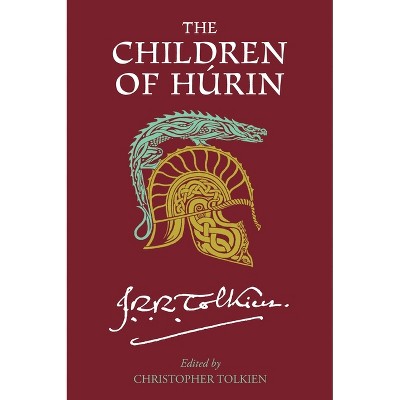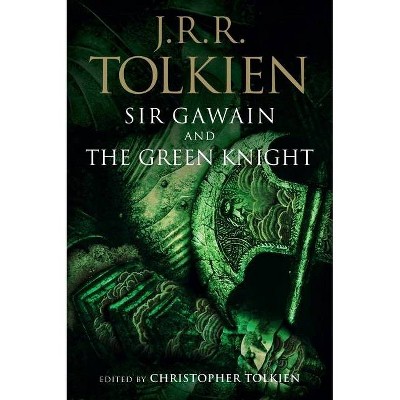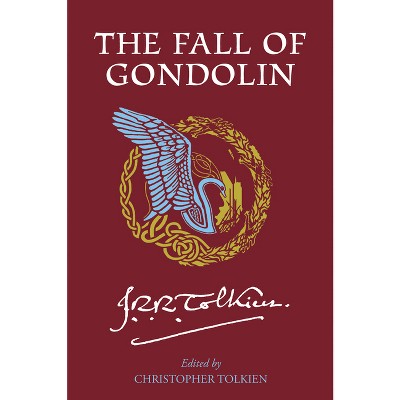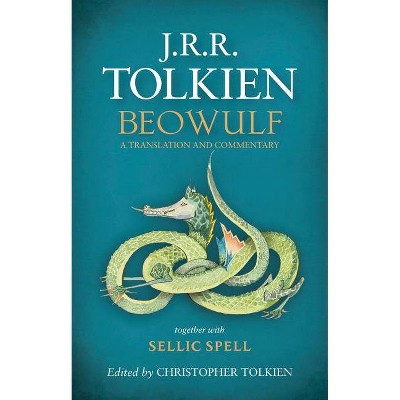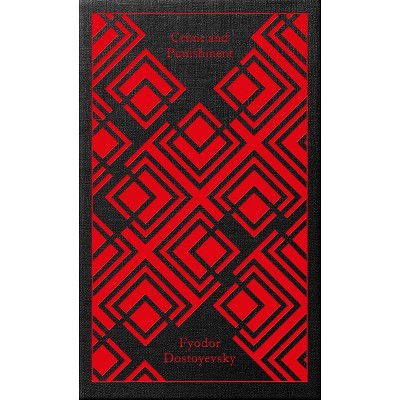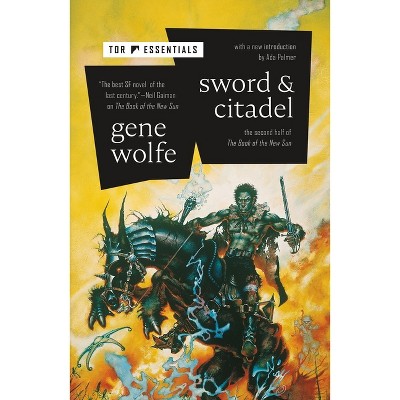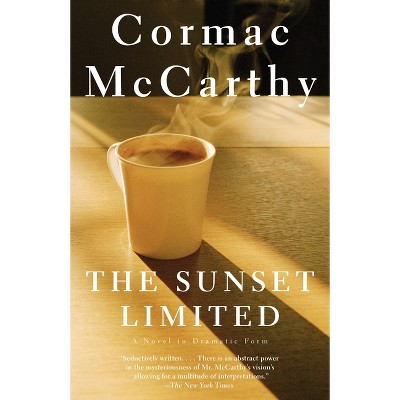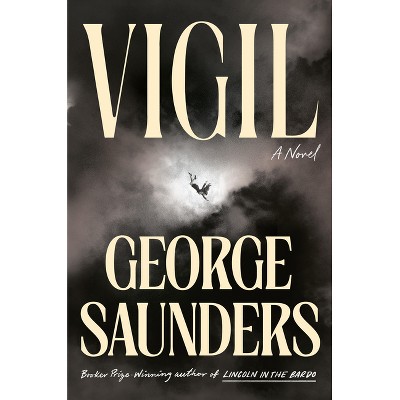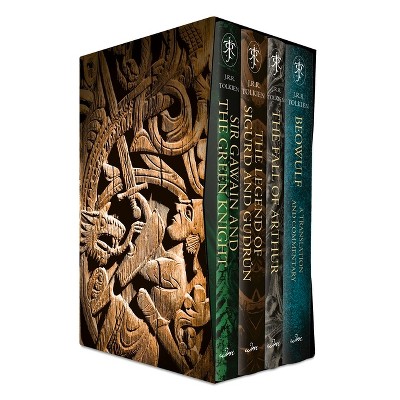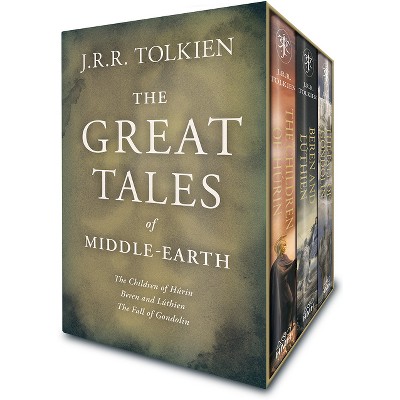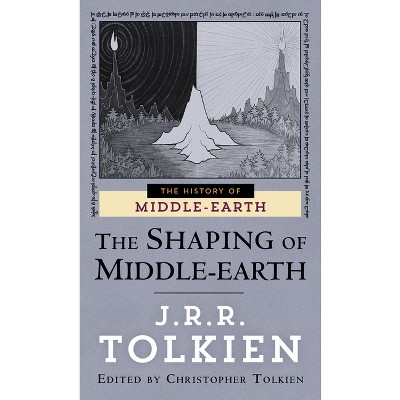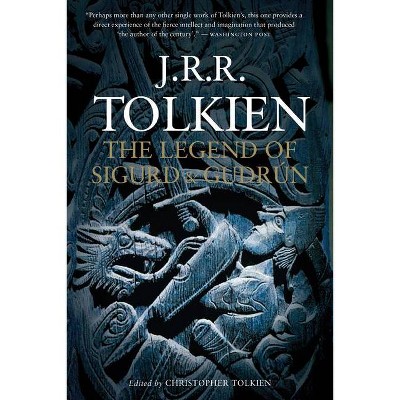Sponsored

Beowulf - by J R R Tolkien
In Stock
Sponsored
About this item
Highlights
- A beautifully designed hardcover box set containing four classic myths and legends composed or translated by J.R.R. Tolkien -- Sir Gawain and the Green Knight, The Legend of Sigurd and Gudrún, The Fall of Arthur, and Beowulf.
- About the Author: J.R.R. TOLKIEN (1892-1973) is the creator of Middle-earth and the author of such classic and extraordinary works of fiction as The Hobbit, The Lord of the Rings, and The Silmarillion.
- 448 Pages
- Fiction + Literature Genres, Fantasy
Description
About the Book
The translation of Beowulf by J.R.R. Tolkien was an early work, very distinctive in its mode, completed in 1926: he returned to it later to make hasty corrections, but seems never to have considered its publication. This edition is twofold, for there exists an illuminating commentary on the text of the poem by the translator himself, in the written form of a series of lectures given at Oxford in the 1930s, and from these lectures a substantial selection has been made, to form a commentary on the translation in this book.
From his creative attention to detail in these lectures there arises a sense of the immediacy and clarity of his vision. It is as if Tolkien entered into the imagined past: standing beside Beowulf and his men shaking out their mail-shirts as they beached their ship on the coast of Denmark, listening to the rising anger of Beowulf at the taunting of Unferth, or looking up in amazement at Grendel's terrible hand set under the roof of Heorot.
But the commentary in this book also includes much from those lectures in which, while always anchored in the text, Tolkien expressed his wider perceptions. He looks closely at the dragon that would slay Beowulf "snuffling in baffled rage and injured greed when he discovers the theft of the cup"; but he rebuts the notion that this is "a mere treasure story . . . just another dragon tale." He turns to the lines that tell of the burying of the golden things long ago, and observes that it is "the feeling for the treasure itself, this sad history" that raises it to another level. "The whole thing is sombre, tragic, sinister, curiously real. The 'treasure' is not just some lucky wealth that will enable the finder to have a good time, or marry the princess. It is laden with history, leading back into the dark heathen ages beyond the memory of song, but not beyond the reach of imagination."
"Sellic Spell,"a "marvellous tale," is a story written by Tolkien suggesting what might have been the form and style of an Old English folktale of Beowulf, in which there was no association with the "historical legends" of the northern kingdoms.
Book Synopsis
A beautifully designed hardcover box set containing four classic myths and legends composed or translated by J.R.R. Tolkien -- Sir Gawain and the Green Knight, The Legend of Sigurd and Gudrún, The Fall of Arthur, and Beowulf.
The fifth set in a series of affordable hardcover box sets celebrating the literary achievement of Christopher Tolkien, featuring double-sided dust jackets. Set 5 contains Sir Gawain and the Green Knight, The Legend of Sigurd and Gudrún, The Fall of Arthur, and Beowulf: A Translation and Commentary.
Sir Gawain and the Green Knight and Pearl are two poems by an unknown author written in about 1400. Sir Gawain is a romance, a fairy-tale for adults, full of life and colour; Pearl is apparently an elegy on the death of a child but, like Gawain, it is also a sophisticated and moving debate on much less tangible matters. Sir Orfeo is a slighter romance, belonging to an earlier and different tradition. It was a special favourite of Tolkien's. The three translations are here uniquely accompanied with the complete text of Tolkien's acclaimed 1953 W.P. Ker Memorial Lecture that he delivered on Sir Gawain.
The Legend of Sigurd and Gudrún tells the epic story of the Norse hero, Sigurd, the dragon-slayer, during a time of gods, betrayal and fierce battles; the revenge of his wife, Gudrún; and the Fall of the Nibelungs. Told in verse composed by J.R.R. Tolkien derived from the ancient poetry of the Poetic Edda and the prose Völsunga Saga, this masterful fusion of myth and poetry is accompanied by notes and commentary by Christopher Tolkien.
The Fall of Arthur tells the extraordinary story of the final days of England's legendary hero, King Arthur. It is the only venture by J.R.R. Tolkien into the legends of Arthur King of Britain, and may well be regarded as his finest and most skilful achievement in the use of the Old English alliterative metre. The long narrative poem is accompanied by significant if tantalising notes, in which can be discerned clear if mysterious associations of the Arthurian conclusion with The Silmarillion.
The translation of Beowulf by J.R.R. Tolkien was completed in 1926: he returned to it later but seems never to have considered its publication. This edition is twofold, for the translation is here paired with an illuminating written commentary on the poem by the translator himself, prepared for a series of lectures given at Oxford in the 1930s. From these lectures there arises a sense of the immediacy and clarity of his vision. It is as if Tolkien entered into the imagined past: standing beside Beowulf and his men shaking out their mail-shirts as they beached their ship on the coast of Denmark, listening to the rising anger of Beowulf at the taunting of Unferth, or looking up in amazement at Grendel's terrible hand set under the roof of Heorot.
These are accompanied by Sellic spell, a "marvellous tale" written by Tolkien suggesting what might have been the form and style of an Old English folk-tale of Beowulf, in which there was no association with the "historical legends" of the Northern kingdoms.
Published together for the first time, these four books--all edited by the author's son and literary executor--collect a fascinating period of Christopher Tolkien's forty-year career devoted to presenting his father J.R.R. Tolkien's scholarly writings on the myths and legends of northern Europe, a unique accomplishment that celebrates the academic brilliance and storytelling genius of one of the twentieth century's finest literary pioneers.
From the Back Cover
Front cover: New York Times bestsellerBack cover:
A thrill . . . Beowulf was Tolkien s lodestar. Everything he did led up to or away from it. New Yorker
J.R.R. Tolkien completed his translation of Beowulf in 1926: he returned to it later to make hasty corrections, but seems never to have considered its publication. This edition includes an illuminating written commentary on the poem by the translator himself, drawn from a series of lectures he gave at Oxford in the 1930s.
His creative attention to detail in these lectures gives rise to a sense of the immediacy and clarity of his vision. It is as if Tolkien entered into the imagined past: standing beside Beowulf and his men shaking out their mail-shirts as they beach their ship on the coast of Denmark, listening to Beowulf s rising anger at Unferth s taunting, or looking up in amazement at Grendel s terrible hand set under the roof of Heorot.
Essential for students of the Old English poem and the ideal gift for devotees of the One Ring. Kirkus
J.R.R. TOLKIEN (1892 1973) is the creator of Middle-earth and the author of such classic and extraordinary works of fiction as The Hobbit, The Lord of the Rings, and The Silmarillion. His books have been translated into more than sixty languages and have sold many millions of copies worldwide.
CHRISTOPHER TOLKIEN is the third son of J.R.R. Tolkien. He has devoted himself since his father s death to the editing and publication of unpublished writings, notably The Silmarillion and the collections entitled Unfinished Tales and The History of Middle-earth.
"
Review Quotes
"A thrill . . . 'Beowulf' was Tolkien's lodestar. Everything he did led up to or away from it . . . Perhaps, in the dark of night, he already knew what would happen: that he would never publish his beautiful 'Beowulf, ' and that his intimacy with the poem, more beautiful, would remain between him and the poet--a secret love." - The New Yorker
"Both scholars and lay readers have long awaited Tolkien's 'Beowulf' translation and its related materials, and everyone will find something of enduring interest in this collection. For Tolkien, 'Beowulf' was both a brilliant and haunting work in its own right and an inspiration for his own fiction. It is a poem that will move us as readers, not forever but as long as we last. Or as Tolkien says, 'It must ever call with a profound appeal--until the dragon comes.'" - Wall Street Journal
"Tolkien-as-guide is delightful, an irresistibly chatty schoolmaster in the Chaucerian mold . . . His learning and Beowulf's patterns of gloom and fragile light feel intimately related . . . his noble translation joins the ranks of the narrowly saved." - Slate
"This rendition--edited by his son Christopher and published for the first time--will delight fans . . . lovers of Tolkien's work will agree that this is a book long overdue." - Publishers Weekly
"A marvel of vigor and economy . . . Essential for students of the Old English poem--and the ideal gift for devotees of the One Ring." - Kirkus Reviews
About the Author
J.R.R. TOLKIEN (1892-1973) is the creator of Middle-earth and the author of such classic and extraordinary works of fiction as The Hobbit, The Lord of the Rings, and The Silmarillion. His books have been translated into more than fifty languages and have sold many millions of copies worldwide. CHRISTOPHER TOLKIEN is the third son of J.R.R. Tolkien. Appointed by Tolkien to be his literary executor, he has devoted himself to the editing and publication of unpublished writings.Shipping details
Return details
Frequently bought together
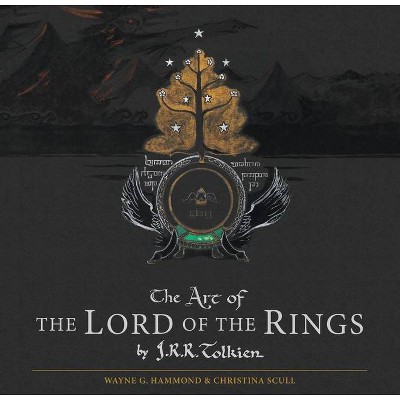
Guests also viewed
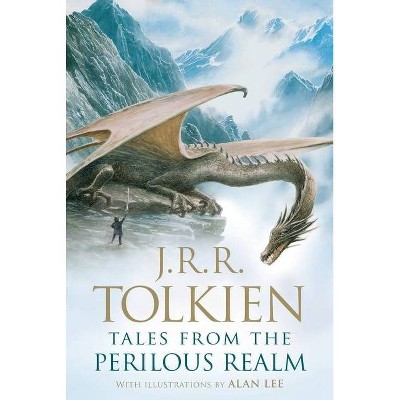
Discover more options
